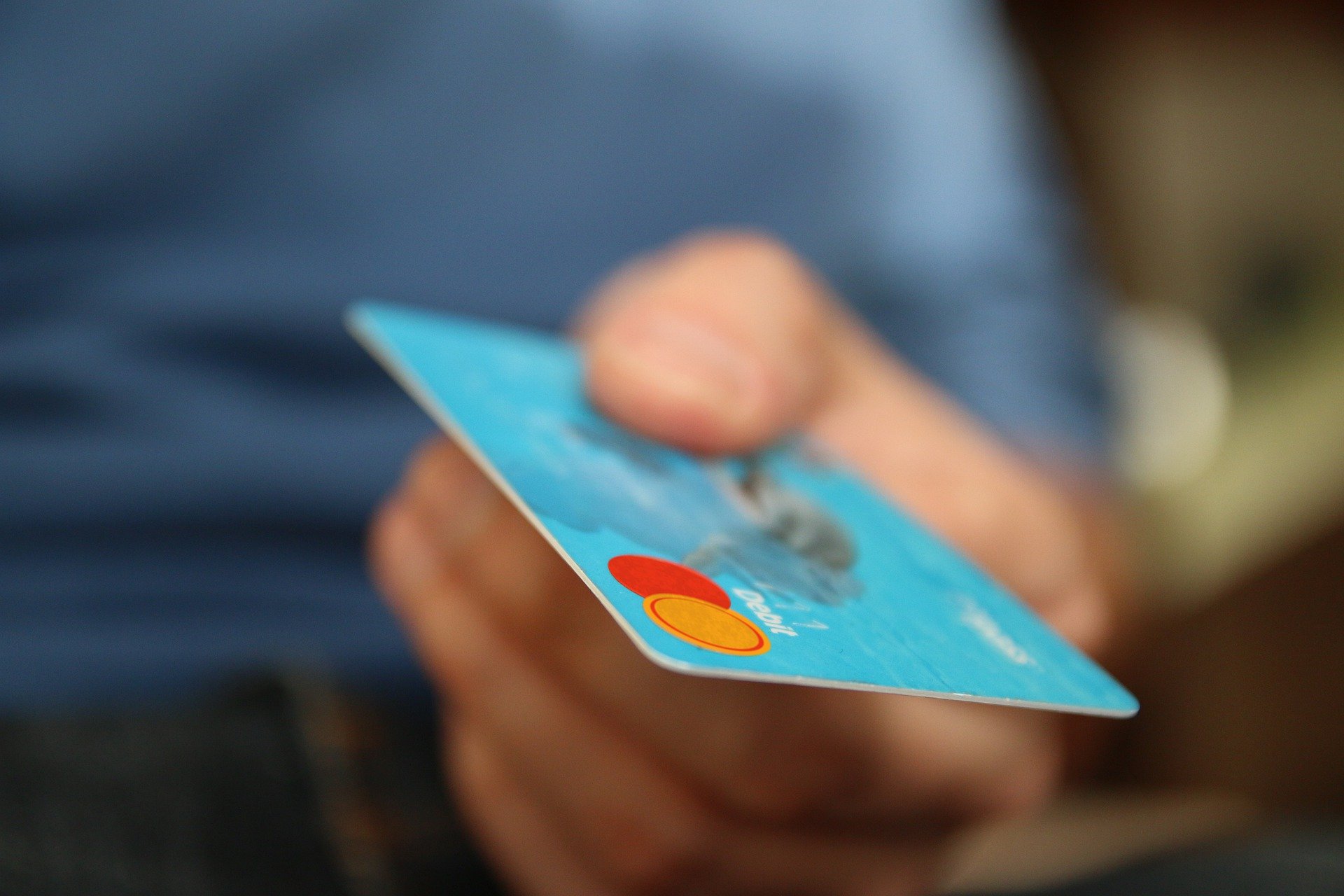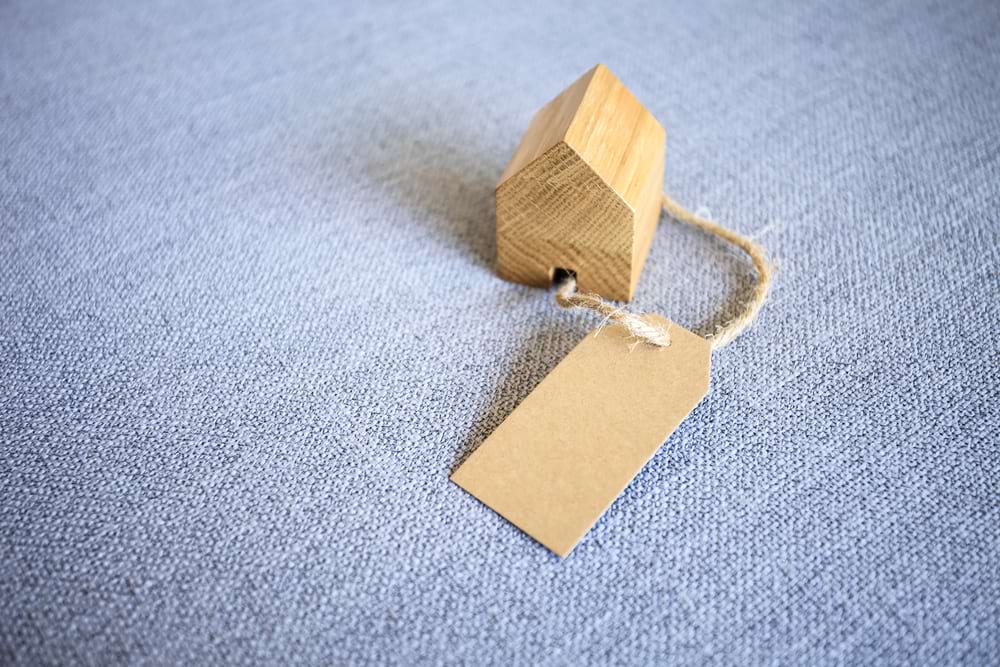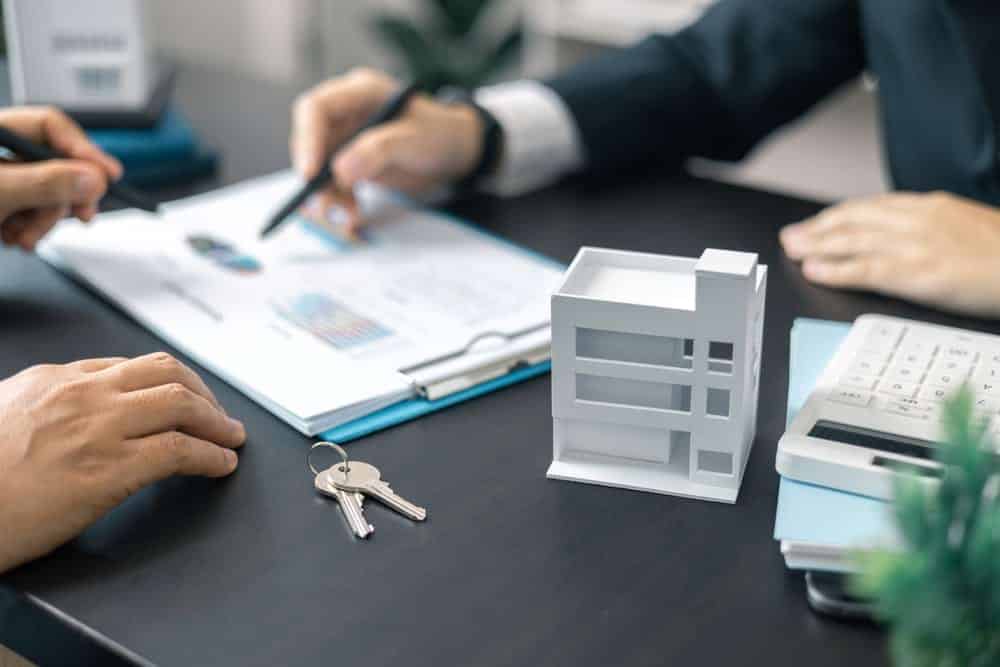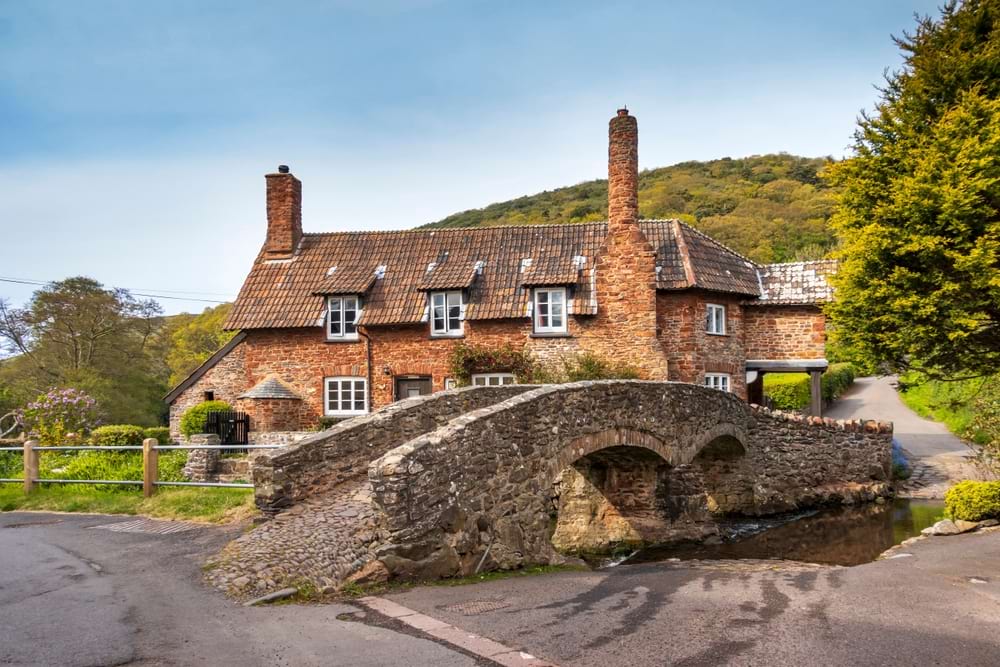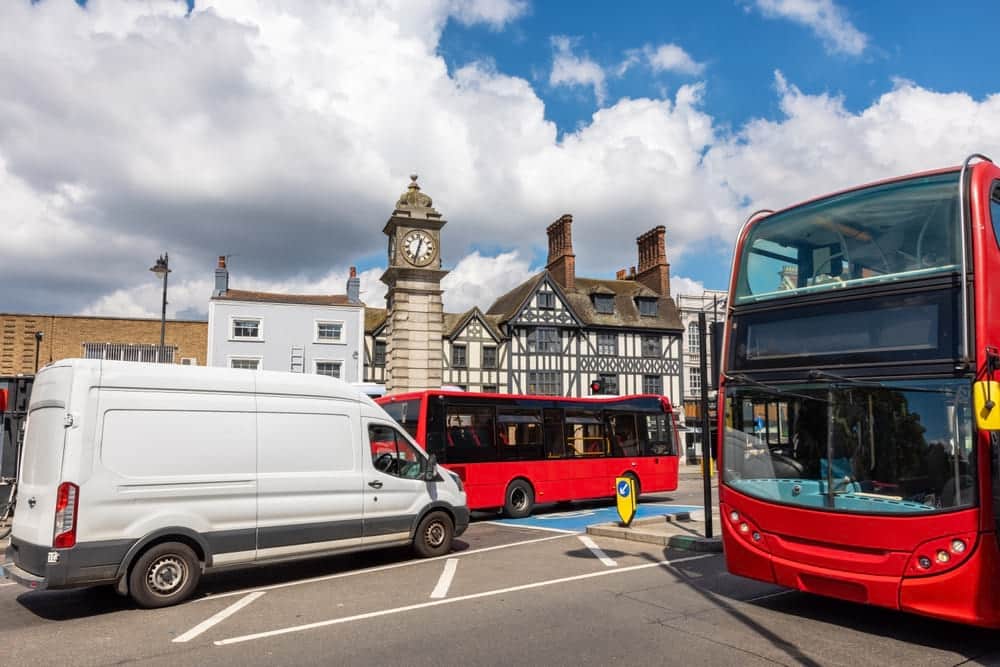Stamp duty has fluctuated over the years and has even been waived completely at times.
But many first-time buyers ask, “Can you pay stamp duty in instalments?”.
Read on to find out the answer to this question and more.
What is stamp duty?
In England and Northern Ireland, Stamp Duty Land Tax (SDLT) (commonly referred to as just stamp duty) must be paid on a property or land purchase over a specific value.
It has existed since 1694, and its name derives from the original use of a stamp proving the tax had been paid.
The equivalent in Scotland is the Land and Buildings Tax. In Wales, it is known as the Land Transaction Tax.
Numerous variables determine whether a home or land purchase will result in Stamp Duty being applicable.
For example, stamp duty on a second property is on average 3% higher than on a first property. And there are stamp duty implications for people purchasing buy-to-let properties.
It doesn’t matter if the purchase is for a mortgaged property or a cash purchase; it still applies to purchases over a certain amount.
Can stamp duty be paid in installments?
The short answer is: only in rare, exceptional circumstances.
In general, stamp duty cannot be paid for in installments. It is paid outright within 14 days of a purchase being completed. This applies to all regions of the UK.
However, if a buyer can prove they have exceptional financial difficulties, they may be able to negotiate a repayment plan with HMRC.
How much is stamp duty?
The amount you need to pay is different for first-time buyers. If this is not your first property purchase, you must pay stamp duty on purchases above £125,000.
The purchase price determines the amount to be paid:
- Purchases between £125,001 – £250,000 result in a 2% stamp duty tax
- Purchases between £250,001 – £925,000 result in a 5% stamp duty tax
- Purchases between £925,001 – £1,500,000 result in a 10% stamp duty tax
- Purchases between £1,500,001 and above result in a 12% stamp duty tax.
So, if purchasing a property of £500,000, the payment will be broken down as follows:
- There is nothing to pay on the first £125,000
- 2% to pay on the £125,000 – £250,000 = £2,500
- The remaining £250,000 is charged at 5%, equating to £12,500
- This means the total stamp duty is £15,000.
It should be noted that a first-time buyer purchasing a property over £500,000 is not exempt from stamp duty, which will be calculated the same as the above.
In 2021, the average house price was below £275,000, meaning many first-time buyers will not have to pay stamp duty.
When does stamp duty need to be paid?
Stamp duty must be paid within 14 days of purchasing the property or land and cannot be funded by your mortgage.
In most cases, a conveyancer is used to make the payment on behalf of the buyer.
What is a stamp duty holiday?
A stamp duty holiday is applied during times of instability. So, if the economy is not at its best, it is not uncommon for the government to introduce a pause on stamp duty.
There is no set policy, but in July 2021, the government stipulated there would be no stamp duty to pay on the first £500,000 of any purchase.
This holiday ended on 1 October 2021 and returned to pre-pandemic rates.
Do you need to pay stamp duty on land?
Yes, stamp duty applies to land purchases.
The amount due will depend on whether the purchase is for residential purposes. If so, then the standard rate of stamp duty tax applies.
Do you pay stamp duty on new builds?
Yes, the same rates apply when purchasing a new-build property. A new build does not change anything about the process.
Do you pay stamp duty on commercial property?
The short answer is yes, and these are usually saved for shops, offices, and other business-type properties.
Still, it varies from country to country. In England, Scotland, and Northern Ireland, Stamp duty is applicable on non-residential purchases over £150,000.
In Wales, stamp duty only applies if buying a non-residential property for over £225,000.
How do you pay stamp duty?
The good news is that stamp duty is a one-off payment usually paid by the conveyancer on behalf of the buyer.
They pay it directly to HMRC within 14 days of the exchange of contracts.
The buyer is expected to transfer the funds to their conveyancer (or solicitor/who acts on their behalf), who will then pay the tax within 14 days.
If you are not using a conveyancer, then be wary that there are penalty charges applicable for payments not received within 14 days.
The HMRC will write to you informing you of the amount of interest you have been charged. This interest cannot be contested, so it is always best to pay it on time.
Can you use a credit card to pay stamp duty?
It is not possible to use a credit card to pay stamp duty. The law changed in 2018 in the UK to stop credit card payments from being accepted.
Can I reduce the amount of stamp duty I need to pay?
Stamp duty will eat a chunk out of most people’s savings, so it is only natural to consider ways to reduce it.
There is no way to reduce the amount you need to pay, but there are some things you can do to avoid being liable for so much stamp duty.
The first and most significant way to reduce the amount of stamp duty you will need to pay is to negotiate the price of your property.
This could prevent you from entering the higher tax bracket, resulting in a lower stamp duty payment.
A standard price may be around 10% lower than the asking price, and until the contracts are exchanged, there is still time for negotiation.
It’s also important to note that certain circumstances entitle you to a stamp duty refund.
Sell your house quickly with We Buy Any Home
We Buy Any Home are cash house buyers who offer a convenient, quick way to sell your house fast.
We purchase your property quickly in any timeframe, with no fees, hassles, or delays.
You can trust us with a smooth and quick sale of your property.
Get a free, no obligation cash offer from us now by entering your postcode in the box below.
